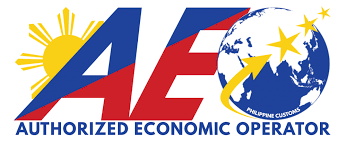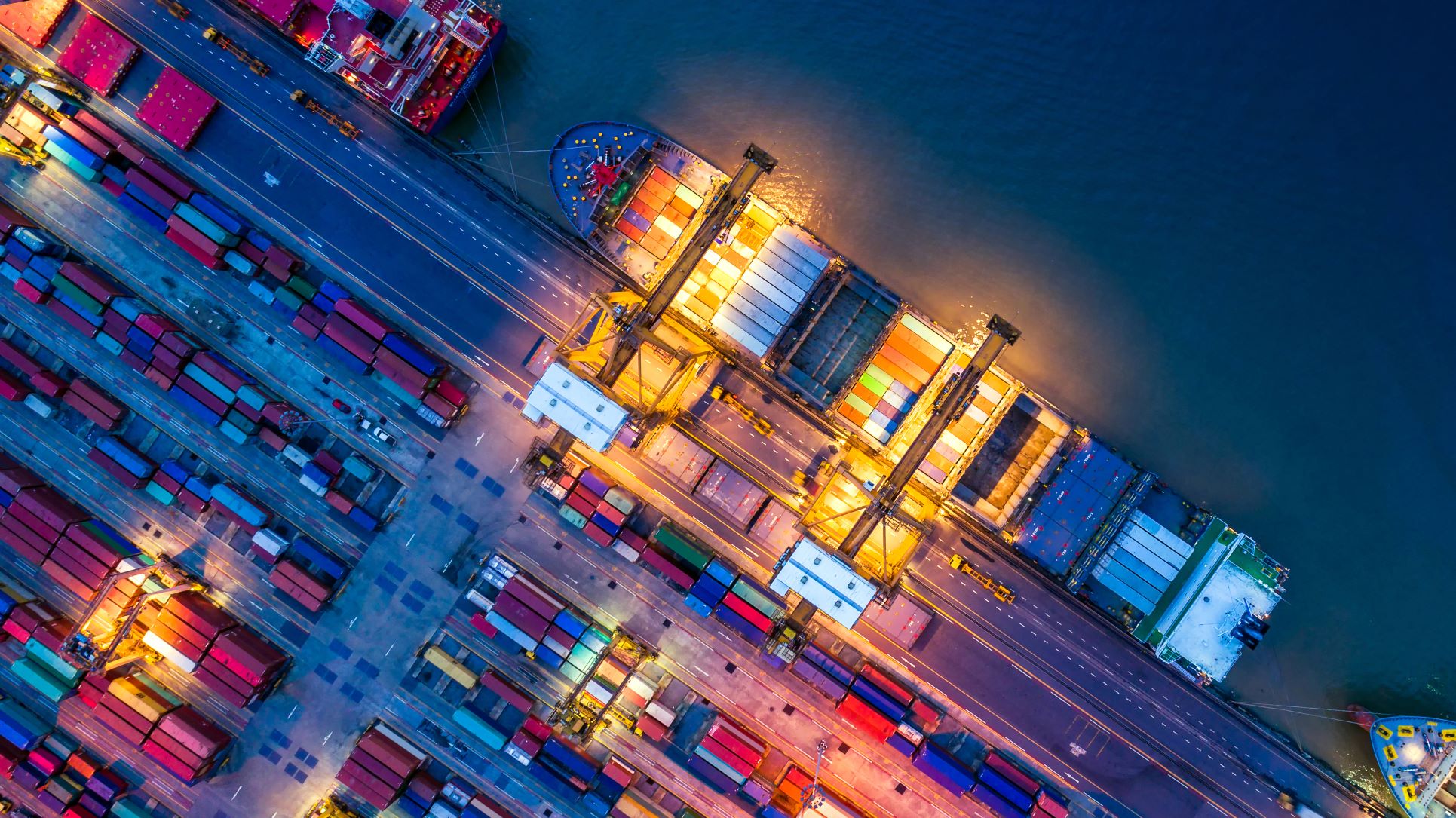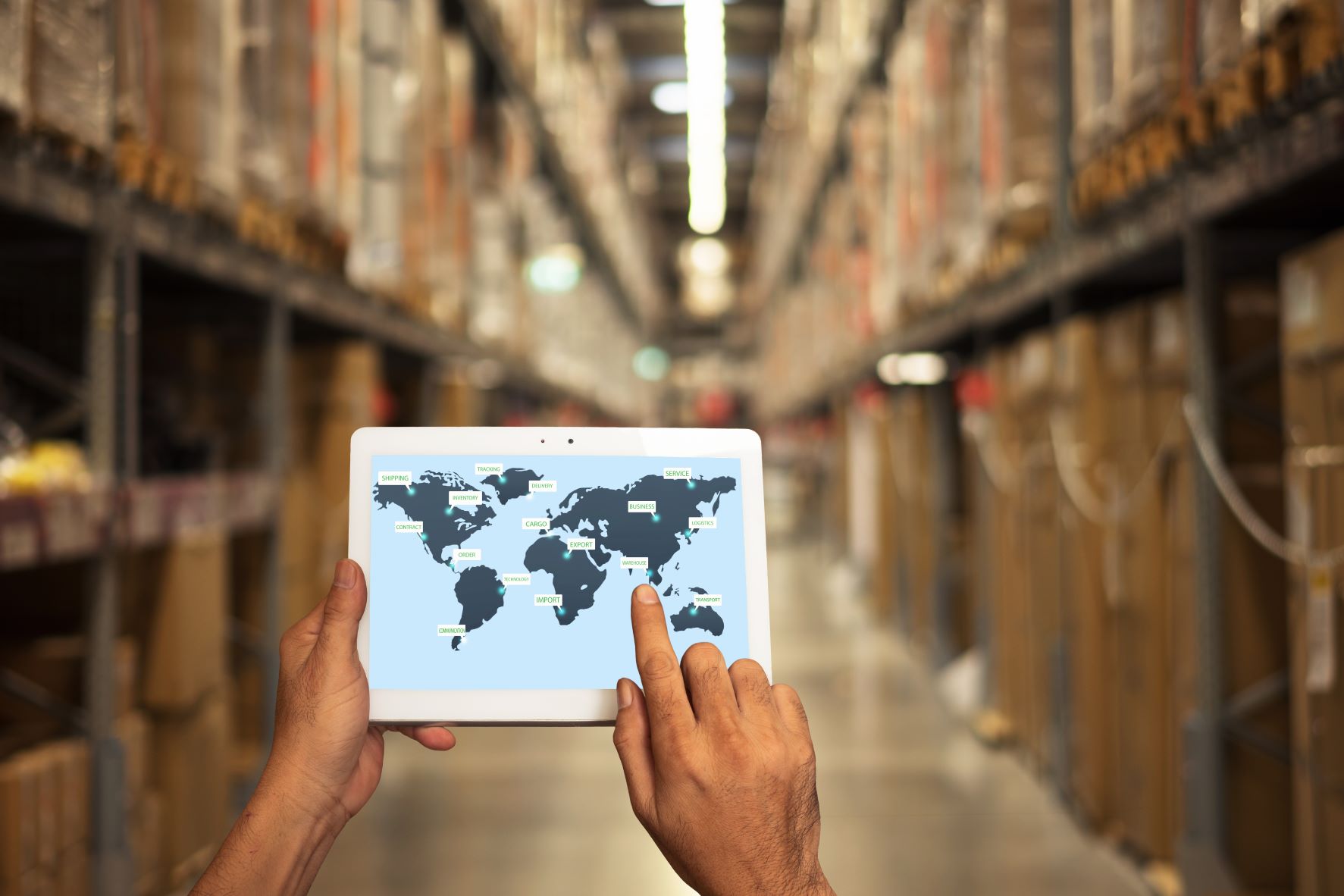Authorized Economic Operators

To facilitate Customs clearance procedures, Traders should consider applying to become an Authorized Economic Operator (AEO). AEOs gain several benefits when dealing with their local Customs authority, which include faster goods clearance times, fewer documentary checks, some exemptions from physical inspection of some types of goods, customs clearance by incomplete declarations, and can include the ability to make Customs payments on a periodic or post-importation basis, rather than on a per transaction basis before goods release.
Historically, AEO programmes have been promoted by the World Customs Organization (WCO) since 1974, as a means to facilitate trade generally and to reduce compliance costs among member countries. AEOs became part of the international Customs landscape under the Kyoto Convention in 1974 and the concept was further refined under the Revised Kyoto Convention (RKC) in 1999.
AEOs operate under both local Viet Nam law, and under the WCO’s SAFE framework, that recommends how AEO programmes should operate.
The Government of Viet Nam (GVN) is fully supportive of the Viet Nam Customs AEO programme, understanding as it does - the economic advantages both to the Trader and to Viet Nam in general.

What Conditions must I meet to qualify as an AEO?
1. You must be declared a Priority Enterprise
The conditions for becoming registered as a Priority Enterprise are specified in Circular 72/2015/TT-BTC. Please follow the link to see the actual terms and conditions and how to apply: http://www.vietnamtradeinfo.com/storage/3-information-pages/aeo/en/1-a-guide-to-authorized-economic-operators.pdf.
2. You must have an acceptable Compliance History. This means that:
Within the last 2 consecutive years up to the time of application, your enterprise has not violated any provisions of the laws on tax and customs to the point where a formal enquiry process or action has been initiated against you, regardless of the result of any such enquiry or action.
Actions that may exclude an applicant from qualifying for AEO status include but are not limited to:
- Proven or suspected Tax evasion, tax fraud; smuggling and/or illegally transporting goods across borders.
- Administrative violations in the field of customs of sufficient severity to require enquiries exceeding the the discretionary authority of the Director of the Customs Sub-Department.
- Overdue tax debts as elsewhere prescribed.
3. Compliance with Turnover Requirements. A Trader must:
- Achieve an import-export turnover of USD$100 million/year or more or.
- An export turnover of goods produced in Viet Nam of USD$40 million/year or more, or.
- If the goods are agricultural or aquatic products produced, raised, or grown in Vietnam, have an export turnover of at least $USD 30 million/year.
The turnovers specified above must be the average turnovers for 2 or more consecutive years, up to the date of the enterprise's written application to be accepted as an AEO.
In addition to the above, high-tech enterprises as defined by the Government of Viet Nam (GVN), may also be certified, even if they do not meet the specified turnover requirements.
 4. A Trader Must agree to file Customs Documents Electronically
4. A Trader Must agree to file Customs Documents Electronically
To qualify as an AEO, enterprises are required to carry out customs procedures electronically, have a current information technology (IT) programme to manage export and import activities, and have the ability to interact with all other Customs compliance and audit requirements electronically.
5. Must pay for qualifying export and import shipments through a bank
6. Meet prescribed Accounting and Auditing standards
Enterprises must apply accounting standards as prescribed by the Ministry of Finance. In addition, the annual financial statements must be audited by an audit firm that is qualified to provide audit services in accordance with the law on independent audit. The audit opinion on the financial statements stated in the audit report must be an unqualified opinion in accordance with Vietnamese Standards on Auditing.
7. Meet Internal Company Controls as specified under their registration Conditions
AEOs must meet internal financial, payment, and goods movements and goods accounting controls, as specified by Vietnam Law and local Customs authorities. These include but are not limited to:
- Implementing and maintaining agreed management, supervision and operational standards controls, including production and safety controls and
- Having internal control measures, means and processes to ensure the security and safety of the supply chain of exported and imported goods.
What are the benefits to AEO enterprises?
When an enterprise meets the conditions prescribed by law and/or negotiated with Customs, some or all of the following benefits may accrue:
- Exemption from inspection of relevant documents when a Declaration is submitted.
- Exemption from scanning and/or physical inspection of goods.
- Clearance and release of goods based on incomplete customs declarations.
- Priority inspection of goods if inspections are required.
- Priority delivery of goods in the case of time or transport constraints.
- Acceptance without further inspection, of claims that goods meet required specialized inspection or certification standards. Such claims may be subject to confirmation during audits and may not be approved for all types of inspection or certifications.
- Taxes may be refunded, or payment deferred, prior to confirmatory inspections or audit. This includes acceptance that refund claims are valid subject to later verification.
- Raw materials, components and spare parts stored in approved Bonded Warehouses, may be imported, exported, or consumed and accounted for by way of a Customs Declaration submitted at a later date (under an agreed timeframe for such actions).
- Acquire exemption from post-clearance or post-importation inspections at Customs facilities unless there are signs of law violation.
Other Useful AEO Links in the VNTR:
1. Procedures for Recognition as an Authorized Economic Operator
2. List of Vietnamese Authorized Economic Operators in 2021







